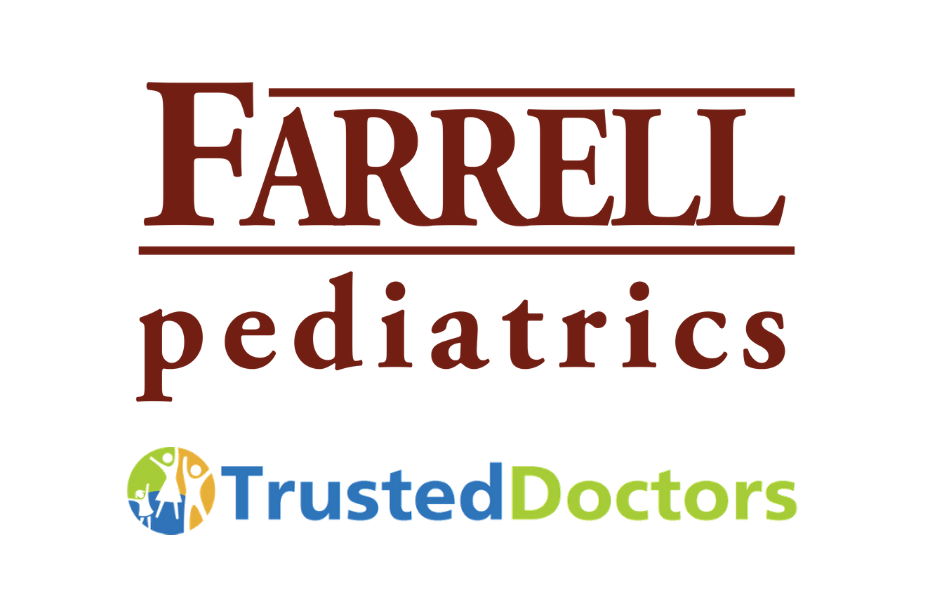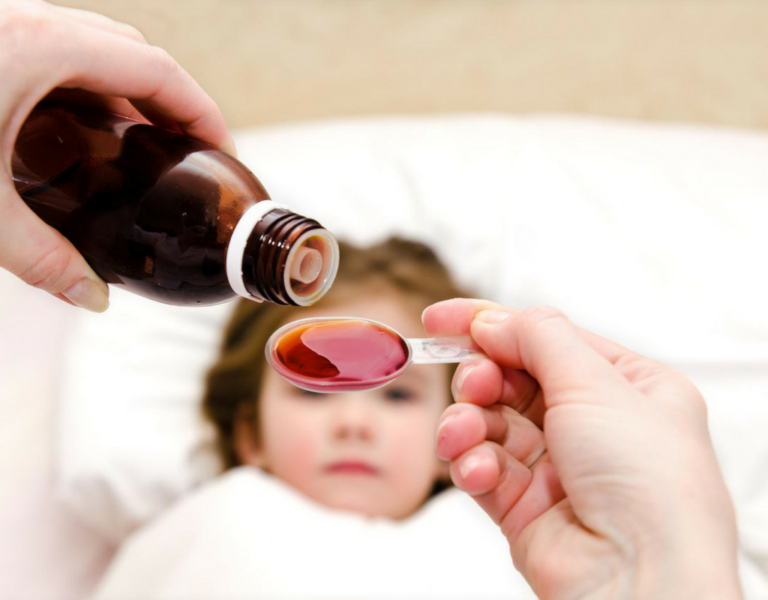Many parents worry about whether or not their baby will be safe in a public environment, fearing that they may contract a virus or disease. Thankfully, there are multiple vaccines that are administered between the age of birth to six months that prevent the infection and spread of harmful illnesses that can be life-threatening to infants.
In honor of Vaccine Awareness Month, we’ve aggregated information and resources about vaccine-preventable diseases and the vaccines that prevent them.
Here are a few vaccine-preventable diseases and their causes:
– Hepatitis B – a liver infection caused by the Hepatitis B virus (HBV) that can cause fever, headache, weakness, vomiting, jaundice (yellowing of skin and eyes), joint pain, chronic liver infection, liver failure, and liver cancer.
– Rotavirus – a virus that commonly causes severe, watery diarrhea and vomiting in infants and young children. Children may become dehydrated and need to be hospitalized and can even die.
– Diphtheria – a serious infection caused by strains of bacteria called Corynebacterium diphtheriae that make toxin (poison). It can lead to difficulty breathing, heart failure, paralysis, and even death.
– Haemophilus Influenzae Type B (Hib) – Haemophilus influenzae disease is a name for any illness caused by bacteria called H. influenzae. Some of these illnesses, like ear infections, are mild while others, like bloodstream infections, meningitis, and tracheitis are very serious. In spite of the name, H. influenzae do not cause influenza (the flu).
– Pneumococcal – a disease is a name for any infection caused by bacteria called Streptococcus pneumoniae, or pneumococcus. Pneumococcal infections can range from ear and sinus infections to pneumonia and bloodstream infections.
– Polio – a disabling and life-threatening disease caused by the poliovirus.
It is important to get your infant vaccinated according to the recommended CDC and American Academy of Pediatrics schedule to prevent any of these potentially fatal infections. Getting your baby vaccinated at the correct early age can help prevent health risks in the future associated with many of the vaccine-preventable diseases. The vaccines that an infant receives happen in a series over time, and many of them line up so that your child can receive multiple vaccines at one appointment, usually during routine scheduled well child exams, to make keeping your baby safe, easy, and efficient.
Here are some of the life saving vaccines and the timeline in which your infant should receive them:
– HepB – protects against hepatitis B. The vaccine is usually given as three shots. Infants should get their first dose of Hepatitis B vaccine at birth and will usually complete the series at between six and nine months of age.
– RV – protects against rotavirus. Two rotavirus vaccines are currently licensed for infants in the United States: RotaTeq (RV5) is given in three doses at ages two months, four months, and six months and the Rotarix (RV1) is given in two doses at ages two months and four months. The first dose of either vaccine should be given before a child is fifteen weeks of age. Children should receive all doses of rotavirus vaccine before they turn eight months old. Both vaccines are given by putting drops in the child’s mouth.
– DTaP* – protects against diphtheria, pertussis (whooping cough) and tetanus. It is recommended that children receive five doses of DTaP, usually at the age of two months, four months, six months, fifteen to eighteen months, and four to six years old. DTaP may be given as a stand-alone vaccine, or as part of a combination vaccine (a type of vaccine that combines more than one vaccine together into one shot). DTaP may be given at the same time as other vaccines.
– Hib – protects against Haemophilus influenzae type b. There are four recommended doses of the Hib vaccine, usually given at the ages of two months, four months, six months, and fifteen to eighteen months.
– PCV13 – protects against pneumococcus. Infants and young children usually need four doses of pneumococcal conjugate vaccine, at two, four, six, and twelve to fifteen months of age. In some cases, a child might need fewer than four doses to complete PCV13 vaccination.
– IPV – protects against polio. To protect against polio, or poliomyelitis children should get four doses total, at two months, four months, six to eighteen months, and four to six years old.
Learn more from the CDC vaccine page.







